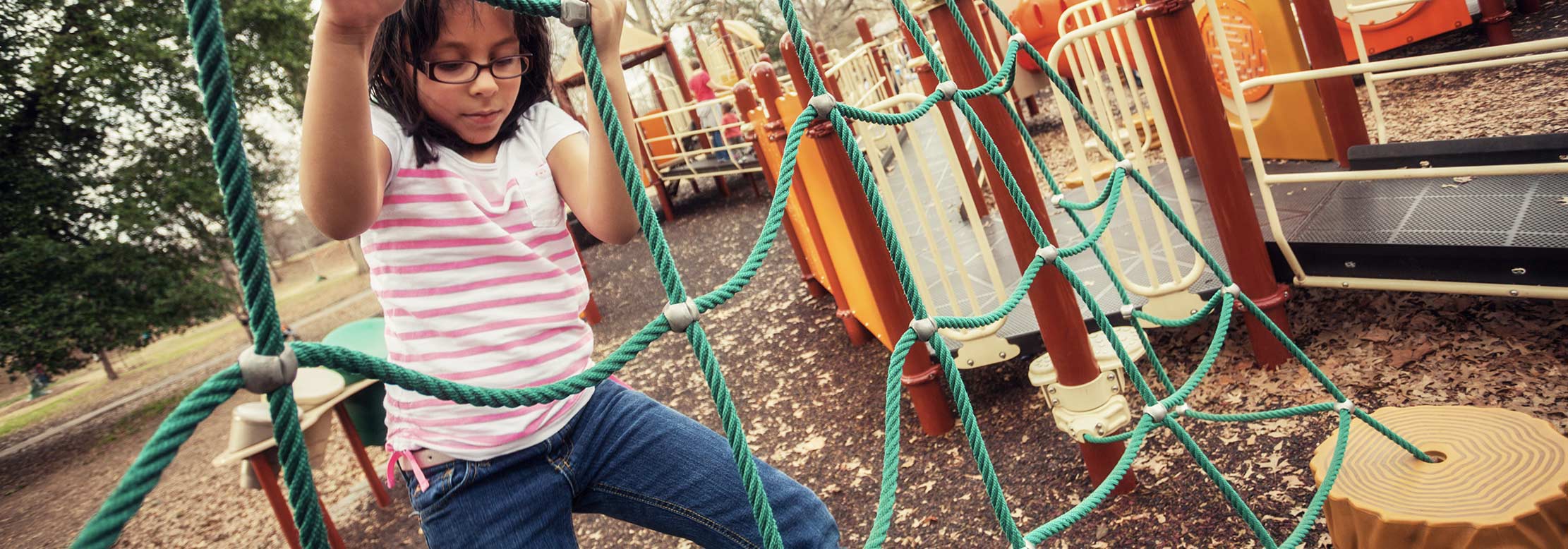
South Carolina judges consider what is in the child's best interest when parents cannot agree during a custody battle. It is best for the child when parties can co-parent successfully. Barring abuse or other adverse situations, children benefit from a close, continuing relationship with both parties. However, if parents cannot agree, judges make decisions related to custody in South Carolina.
How Does a Judge Decide What Is in the Best Interest of the Child in a Custody Case in South Carolina?
A judge may consider numerous factors when deciding custody in South Carolina.
The factors that a judge might consider in a custody case in South Carolina include:
- The needs of the child, including developmental, physical, and temperament of the child
- Each parent's ability to understand the child's needs and provide for the child's needs
- The wishes of each parent regarding child custody arrangements
- The ability of each parent to be active participants in the child's life, including school and social functions
- The relationship and interaction between the child and the parents in the past and currently
- The relationship and interaction between the child and siblings, grandparents, and other people who could affect the best interest of the child
- Any efforts by the parents to manipulate or coerce the child to involve the child in the parents' dispute
- Whether a parent demonstrates the willingness and capacity to encourage a loving and close relationship between the child and the other parent
- The child's adjustment at home, school, and in the community
- The stability of the child's existing and proposed homes
- The mental and physical health of all parties involved in the custody dispute
- A child's spiritual and cultural upbringing
- Allegations of child abuse or neglect
- Allegations of domestic violence
- Whether a parent relocated more than 100 miles away from the child's primary residence unless the relocation was for safety reasons
However, the judge may also consider all other relevant factors in the custody case. For example, the judge may consider reports by other parties, including a Guardian ad Litem, school officials, physicians, social workers, therapists, and psychiatrists. The overriding concern is for the best interest of the child.
Does the Child's Preference Matter in a Custody Case?
The judge may consider a child's preference when deciding custody in South Carolina. However, there is no specific age that a child must be for the judge to consider the child's preference. A child's age, maturity, and judgment can be significant factors in how much weight is given to the child's preference in a custody battle.
Does the Tender Years Doctrine Still Exist?
No, South Carolina does not use the Tender Years Doctrine in custody cases as of 1995. At one time, it was thought that mothers were more capable of caring for infants and younger children. Today, mothers and fathers are treated equally as caregivers unless there is evidence to the contrary. Therefore, the parents enter the court as equal parties, and the evidence determines what is in the child's best interest.
Call Our Myrtle Beach Custody Attorneys for More Information
If you face a custody battle, you need an experienced, aggressive legal advocate on your side to fight for your children's best interests. Call our office now to schedule your free consultation to discuss your situation with a Myrtle Beach child custody lawyer.







